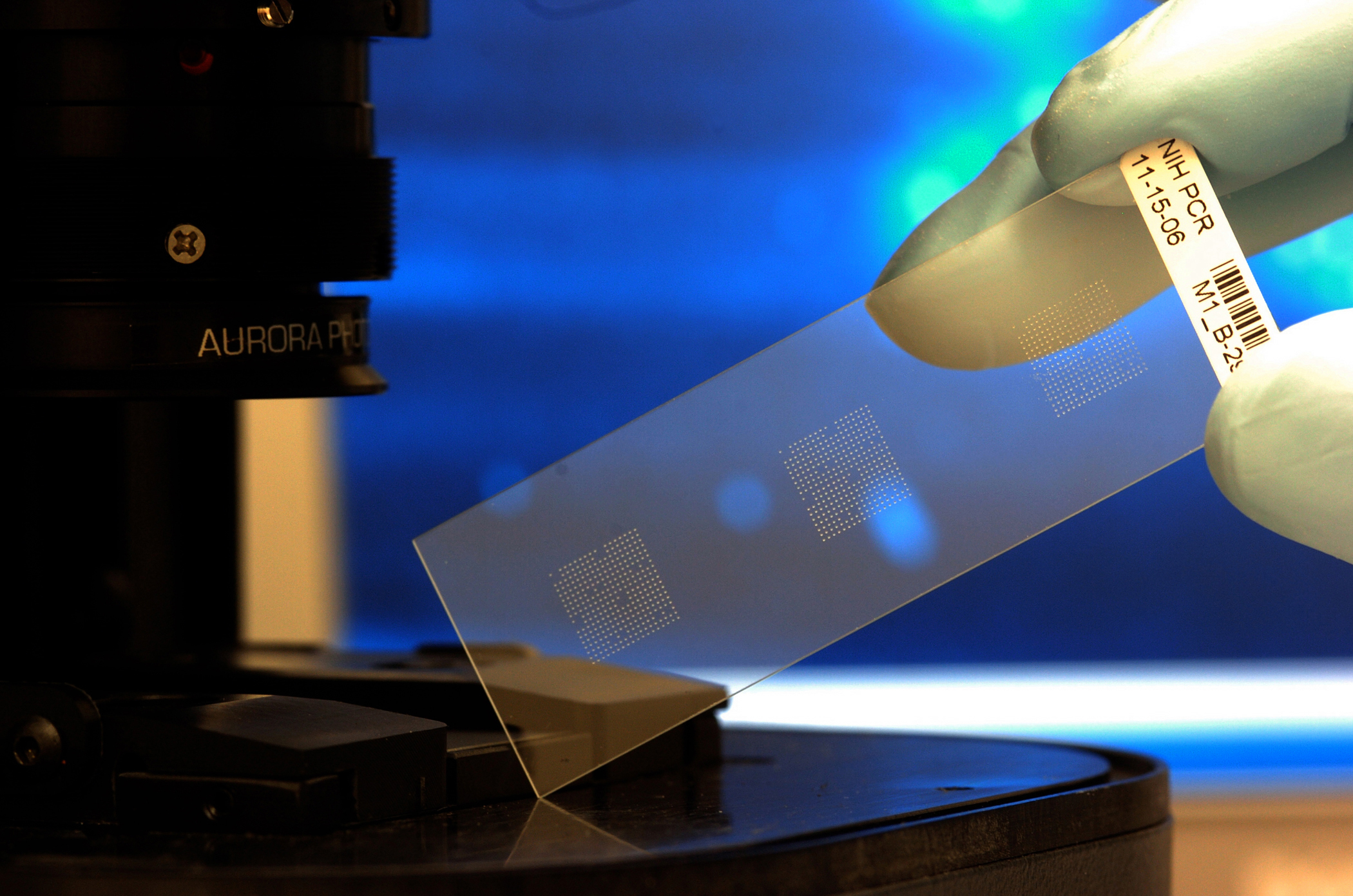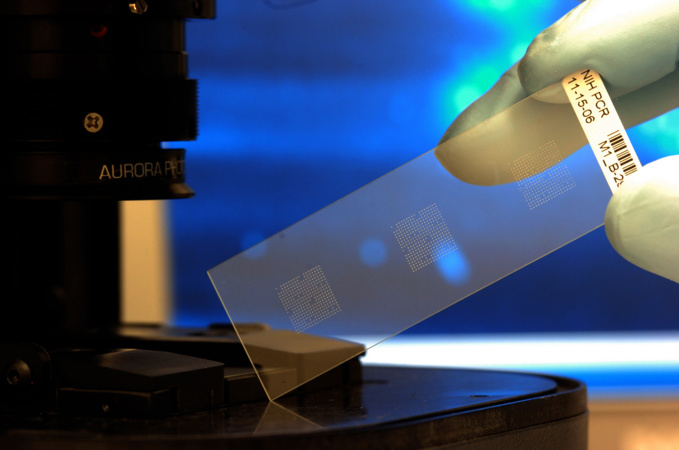The new company will be based in GlaxoSmithKline’s research center Stevenage, north of London. The second research center will be located in the south of the United States, in San Francisco.
GlaxoSmithKline firstly presented its ambitions in the field of bioelectronics in an article in the scientific journal Nature in 2013. The company believes that it has managed to achieve considerable success among all pharmaceutical companies in developing drugs using not conventional chemicals or proteins, but electrical impulses.
Verily’s development clearly highlights Google’s desire to redirect its focal area from search engines to other scientific branches, like biology. The company is already working on seven different research projects, including smart contact lenses, which are being developed jointly with Swiss pharmaceutical company Novartis.
Galvani Bioelectronics, 55% of which is owned by GlaxoSmithKline and 45% - by Verily, will work on creation of miniature implantable devices that can alter nerve impulses.
The project’s goal is to model irregular or modified pulses that are common to many illnesses. Initially, the company will employ 30 researchers.
GlaxoSmithKline believe that the development will eventually allow to treat a number of chronic diseases such as diabetes, arthritis or asthma.
Large electrical appliances have long been used in medicine. Take, for example, pacemakers, or electrical stimulation of the brain, recently used to treat Parkinson's disease and some neurological disorders of the musculoskeletal system.
Earlier it was reported that GlaxoSmithKline is planning to invest 275 million pounds ($ 361 million) to build three new businesses in the UK, thus emphasizing confidence in the future of the British pharmaceutical industry in spite of oncoming Brexit, according to Reuters.
The company’s leadership initially opposed leaving the EU. Now, however, GlaxoSmithKline is confident that the UK would remain an attractive destination for manufacturers of pharmaceutical products thanks to the highly skilled personnel and relatively low tax rate.
Thanks to a special taxation scheme, manufacturers of innovative proprietary drugs increase their profits by reducing the corporate tax rate by almost half. This tax scheme was previously subjected to harsh criticism from the Labour Party.
GlaxoSmithKline commented that the investment will be spent on construction of enterprises in the cities of Barnard Castle in the north of the UK, Montrose in Scotland and Weir, north of London. Most of products made by these enterprises is meant to be exported.
In the UK, GlaxoSmithKline employs about 6 thousand people working at nine facilities. The company says that construction of new enterprises will increase number of jobs in the country.
source: reuters.com
GlaxoSmithKline firstly presented its ambitions in the field of bioelectronics in an article in the scientific journal Nature in 2013. The company believes that it has managed to achieve considerable success among all pharmaceutical companies in developing drugs using not conventional chemicals or proteins, but electrical impulses.
Verily’s development clearly highlights Google’s desire to redirect its focal area from search engines to other scientific branches, like biology. The company is already working on seven different research projects, including smart contact lenses, which are being developed jointly with Swiss pharmaceutical company Novartis.
Galvani Bioelectronics, 55% of which is owned by GlaxoSmithKline and 45% - by Verily, will work on creation of miniature implantable devices that can alter nerve impulses.
The project’s goal is to model irregular or modified pulses that are common to many illnesses. Initially, the company will employ 30 researchers.
GlaxoSmithKline believe that the development will eventually allow to treat a number of chronic diseases such as diabetes, arthritis or asthma.
Large electrical appliances have long been used in medicine. Take, for example, pacemakers, or electrical stimulation of the brain, recently used to treat Parkinson's disease and some neurological disorders of the musculoskeletal system.
Earlier it was reported that GlaxoSmithKline is planning to invest 275 million pounds ($ 361 million) to build three new businesses in the UK, thus emphasizing confidence in the future of the British pharmaceutical industry in spite of oncoming Brexit, according to Reuters.
The company’s leadership initially opposed leaving the EU. Now, however, GlaxoSmithKline is confident that the UK would remain an attractive destination for manufacturers of pharmaceutical products thanks to the highly skilled personnel and relatively low tax rate.
Thanks to a special taxation scheme, manufacturers of innovative proprietary drugs increase their profits by reducing the corporate tax rate by almost half. This tax scheme was previously subjected to harsh criticism from the Labour Party.
GlaxoSmithKline commented that the investment will be spent on construction of enterprises in the cities of Barnard Castle in the north of the UK, Montrose in Scotland and Weir, north of London. Most of products made by these enterprises is meant to be exported.
In the UK, GlaxoSmithKline employs about 6 thousand people working at nine facilities. The company says that construction of new enterprises will increase number of jobs in the country.
source: reuters.com



















